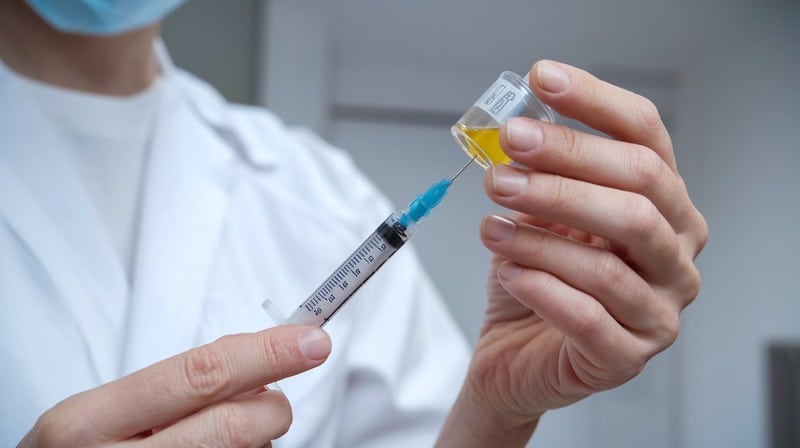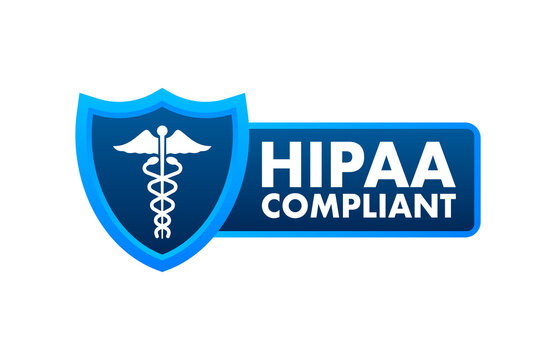Imagine you’ve spent months planning your dream trip to Thailand. Your bags are packed, your passport is ready, and you’re buzzing with excitement. Then a friend casually asks, ‘Did you get your vaccines?’ And suddenly, your perfect travel bubble bursts.
What vaccines DO you actually need? Are they expensive? Will they hurt? Most travelers feel totally lost when it comes to travel vaccines. The good news? It’s way simpler than you think.
By the end of this guide, you’ll know exactly what shots to get, where to get them, and how to protect yourself without going crazy with medical paperwork.
Table of Contents
ToggleTravel Vaccines 101: What Exactly Are They?
Let’s Talk Travel Vaccines
Let’s have a conversation about travel vaccines-those magical medical shields that maintain your health when you roam about the globe. Picture these vaccines as a personal bodyguard for your immune system, keeping you safe from diseases that are prevalent in other parts of the world but virtually unknown to your body.
They are tailor-made to ensure that you don’t contract serious illnesses that, for the most part, are not found in your home country.
Different parts of the world present different health threats, and travel vaccines are your first line of defense. For example, yellow fever might be a serious concern in Africa and South America, while Japanese encephalitis is a risk in certain Asian locales.
These vaccines can help bestow immunity to you in case you come into contact with these pathogens. Your immune system has been prepped, and it’s like having a secret weapon when you go to a place where these diseases are endemic.
You May Like: How Can I Prevent Heat Exhaustion In The Summer?
Top Destinations and Their Vaccine Requirements
Here’s something that not many people understand: the requirements for vaccination vary hugely from place to place. If you’re going to Southeast Asia, for instance, you’d do well to get vaccinated against hepatitis A and B, typhoid, and potentially Japanese encephalitis.
Going to sub-Saharan Africa? You’ll need to be much more diligent about vaccines like yellow fever and meningitis. Settling down for a while in Europe? You might need fewer vaccines, but you should still check the requirements based on your specific itinerary.
Vaccines for hepatitis A, typhoid, and sometimes Japanese encephalitis are usually recommended for popular destinations like Thailand. African safari locations often mandate yellow fever vaccinations. The important thing is to grasp that every region presents a special health tableau.
How to Figure Out Your Personal Vaccine Plan
What does this mean for you? Developing a personal vaccine plan isn’t as daunting as it may appear. Simply consult your local travel clinic or healthcare provider at least 4-6 weeks before your trip. They will go over your particular travel details, personal health history, and any exposure risks you might face.
Your personal health counts for a lot. The effects of things like age, pre-existing health conditions, and even the activities you have planned for the near future can significantly sway which immunizations you will require. An outdoors enthusiast who is hiking in the backcountry will have markedly different needs from someone who is hanging out in the suburbs, close to a hospital, and just about any other kind of health clinic.
When to Get Your Vaccines (Timing is Everything)
Traveling requires planning and forethought, and timing is perhaps the most critical aspect of that. Most travel vaccines must be given in multiple doses and/or need time to become effective in your body. Several vaccines must be administered weeks or even months before your travel date. For instance, a series of shots over several months is necessary to ensure immunity to hepatitis B.
Anticipate some potential mild side effects like soreness at the injection site or a slight fever. These are normal reactions that show your body is making antibodies and building immunity. Pro tip: Get your vaccines when you have several days of flexibility afterward in case you need a little time to recover from any mild side effects.
How Much Do Travel Vaccines Actually Cost?
Let’s be honest-vaccines for international travel can cost a pretty penny. Most of the time, we’re looking at anywhere from $50 to $250 per shot, with the cheap ones being, well, cheap, and the pricier ones going for the maximum they think they can get away with.
(If you’re asking me, I think it’s pretty predatory.) Add to this that most health insurance plans don’t cover the vaccines at all, and what we have can be a very expensive proposition.
Inexpensive advice: Consult with your nearby health department or university health clinics. They usually provide vaccinations at a much lower cost. Some pharmacies are now offering travel vaccinations, too, at pretty good prices.
Red Flags: When You Absolutely Must Get Vaccinated
Some destinations absolutely require vaccines. Countries in Africa’s “meningitis belt,” parts of Southeast Asia that have high incidences of dengue fever, and areas that are currently experiencing yellow fever outbreaks demand certain shots.
Watch where you wander. The most hazardous countries and locales in the world lie in rural sub-Saharan Africa, parts of Southeast Asia, and some South American nations. If you travel to these at-risk destinations, do not even think of going without vital vaccinations. They could mean the difference between life and death. Follow your doctor’s orders, and stay safe.
Conclusion
Travel vaccines don’t have to be scary or complicated. With the right information and a bit of planning, you can protect yourself and enjoy your adventure worry-free. Remember: a few quick shots are way better than spending your dream vacation sick in a foreign hospital.
Talk to your doctor or a travel clinic at least 4-6 weeks before your trip. Your future healthy self will thank you! Quick pro tips for stress-free vaccine planning, including recommended documentation to carry and how to track your vaccine records.



